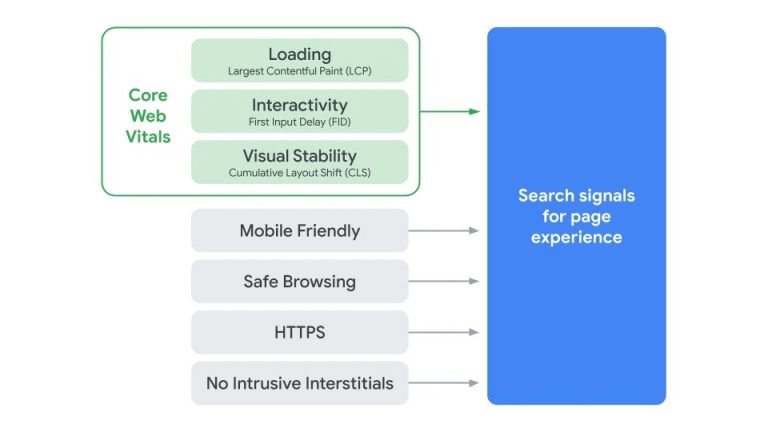What Are Good SEO Practices?
Search engine optimization (SEO) involves a series of practices that improve the value of your website. These practices allow search engines to index, optimize, and categorize your web content, making it easily accessible on those particular search engines.
Search engines like Google use automated bots (spiders) to examine every piece of written content — from the visible text to alternative texts (alt tags). This allows their bots to identify keywords, key phrases, and other valuable information so that when a visitor searches for those terms, they are provided with sites that have the most relevant information.
Considering this, many practices attempt to improve their website’s SEO and increase traffic by focusing on the written content. This sometimes leads practices to misspend time and effort keyword-stuffing their content (repeatedly using phrases you want to rank for) in hopes of boosting traffic and leads. Instead, Google stresses the importance of writing informative, quality content that uses keywords naturally. This can boost your SEO and avoid penalties from Google for spammy practices.
While quality written website content is essential to SEO and should never be overlooked, it is not the only important thing to consider.
Page experience is also a ranking factor.
What Does Page Experience Mean?
Page experience measures the way users perceive and interact with your site beyond the written content. Basically, page experience is a set of metrics that evaluate how easily and successfully real-world users can navigate, see, and access your web pages.
And now, Google sees page experience as a significant SEO ranking factor.
In summer 2021, Google initiated its Core Web Vitals/Page Experience update. Core Web Vitals looks at three different metrics that are known to improve user experience.
These Core Web Vitals include:
Loading: how fast a page — including all images and videos — loads and displays
Interactivity: the time it takes for a new page or element to load after an interaction — usually a click
Visual stability: eliminating unwanted shifts in the text due to slower-loading images, ads, or other elements

What Can You Do to Improve Your Site’s Page Experience?
Thanks to Google’s update, incorporating good page experience practices is just as necessary to SEO as it is beneficial to the user experience. This update aimed to promote and reward websites with good Core Web Vitals while “punishing” those sites without. Therefore, page experience is now a critical ranking factor.
Practices looking to improve their site’s page experience will need to look at their site’s Core Web Vitals while also evaluating:
- How well their website displays on mobile — is it mobile friendly?
- Whether or not their site contains malware or deceptive content
- Whether their site’s connection is secure with HTTPS — HTTP is non-secure
- If their pages include intrusive interstitials (ads that appear on a web page when downloading)
Are You Looking to Improve Your Site’s Page Experience and SEO?
If your site’s ranking is suffering due to poor or outdated page experience practices, contact Plastic Surgery Studios. Give a call at +92 300 833-5554 or fill out our online contact form, and one of our skilled SEO experts will assist you.
We have been following all of the latest updates regarding page experience and understand how to implement improvements that will help your site’s ranking ability.


